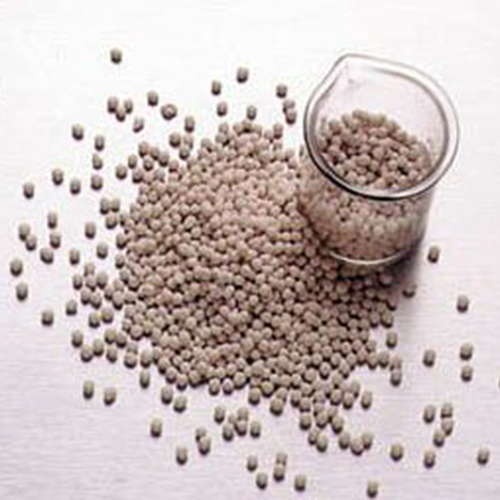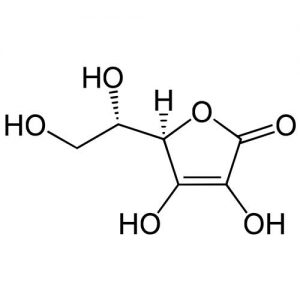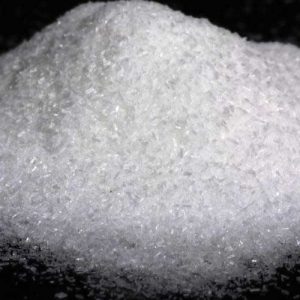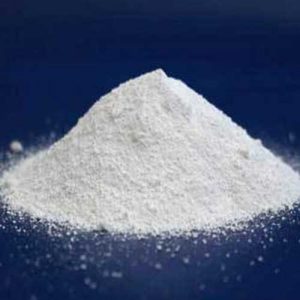- Have any questions?
- 91-22-23726950
- 91-22-23774610

Calcium Pyrophosphate
May 10, 2019
Calcium Saccharin
May 10, 2019Calcium Magnesium Acetate-CMA
Muby Chemicals established in the year 1976, is pioneer in Manufacturing Chemicals for Oil and Gas Exploration, Hydraulic Fracturing (Fracking) and coiled tube Chemicals.Our advanced chemistry leading to an innovative and high-performance product range is coupled with effective on and off site management services.
We are manufacturer of Specialty chemicals, Pharmaceutical Excipients, Fragrance & Flavorchemicals in India, which are of IP, BP, USP, Ph. Eur., FCC or Food Grade, ACS, AR or Analytical Reagent Grade, LR or Laboratory Reagent Grade, Pure and Technical Grades of various chemicals.
Calcium magnesium acetate is an alternative to road salt. It is approximately as corrosive as normal tap water, and in varying concentrations can be effective in stopping road ice from forming down to around −27.5C (−18F)
During the 1970s the USA Federal Highway Administration (FHWA) initiated a research program aimed at reducing the overall cost of highway deicing. An important part of this program was an investigation of deicing chemicals as possible replacements for salt (sodium chloride, or NaCl) On the basis of literature surveys and limited laboratory studies, the field was narrowed to two candidate chemicals, methanol and Calcium magnesium acetate – CMA. CMA, a solid, has a deicing range closer to that of salt. Whereas both chemicals were deemed suitable from the standpoint of a number of deicing criteria, CMA was selected for continued development because of its greater environmental acceptability and handling and spreading characteristics that more closely resembled those of salt.
In general, Calcium magnesium acetate was described as an acceptable deicer, although not quite as effective or consistent as salt. Often it was described as slower acting than salt, taking 15 to 30 min longer to start melting. Most users noted that it had to be applied early during a storm cycle; otherwise its effectiveness was significantly reduced. When applied at the outset of a storm, it was judged effective in preventing snow pack and pavement bonding. Typically, it was used in the same temperature range as salt, although it was less effective at temperatures below about – 5’C (23’F). Some users reported that it did not work well in freezing rain and fluffy snow.
During initial investigations that identified Calcium magnesium acetate as a promising replacement for salt, no potentially significant environmental or health-related impacts were uncovered. Literature reviews indicated that the calcium and magnesium in CMA might increase water hardness, but only if unusually large amounts entered a water system.
Calcium magnesium acetate is generally used in its granular form and spread on the surface like other deicers. CMA looks like road salt, a rigid, angular particle that is more likely to stay where it is put. CMA works by preventing snow and ice particles from adhering to each other or to the road surface. It can be applied on top of snow and ice like other deicers or 30 minutes to two hours before precipitation begins. Often, CMA is used as a corrosion inhibitor, sometimes blended with road salt at rates greater than 20% CMA by weight. Although direct costs are higher than that of salt, when indirect costs such as pollution and corrosion are factored in, CMA is much more economical.
Calcium magnesium acetate exhibits very low corrosion rates on metals found in bridges, roadways, parking garages, other steel and concrete systems and is commonly specified by design engineers for use on the previously mentioned structures. Commonly described as being about corrosive as tap water, CMA is often used as the corrosion standard by which other deicers are judged.
Calcium Magnesium Acetate offer these advantages:
Low Corrosion– Almost as much as tap water.
Excellent inhibitor– Reduces chloride corrosion.
Safe for Concrete– No more damage than from water.
Safe for the environment– CMA biodegrades to CO2 and H20, has very low toxicity levels and is safe for vegetation.
Safe for children & pets: does not require protective gloves to handle and does not harm skin.
Residual effect– Requires fewer applications and lasts longer.
Multi-purpose– Use straight, with salt, with sand or as a liquid.




